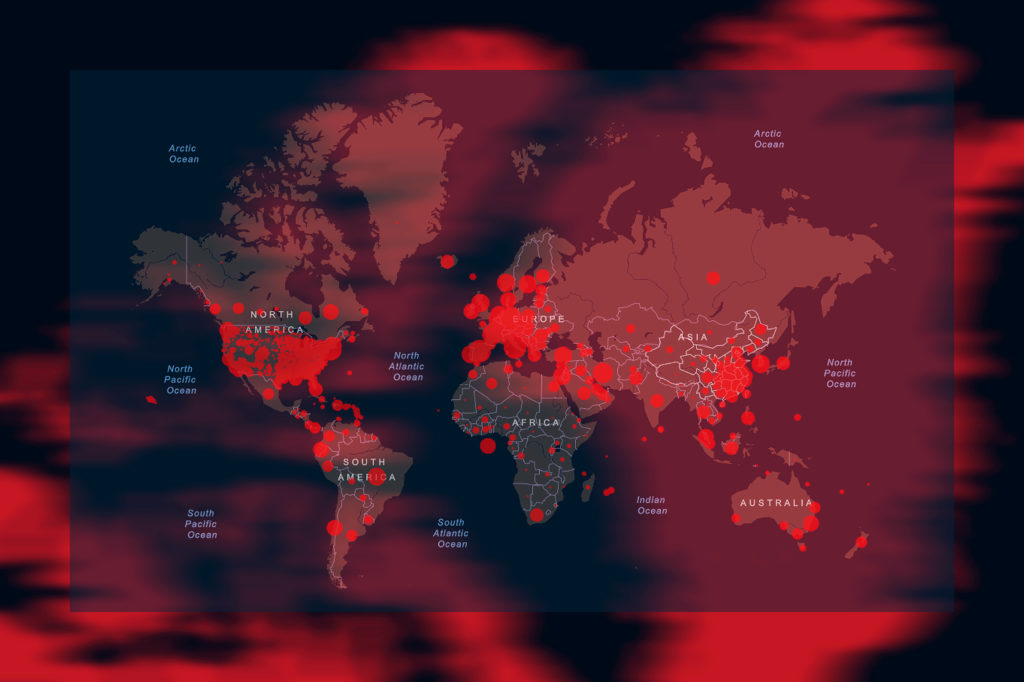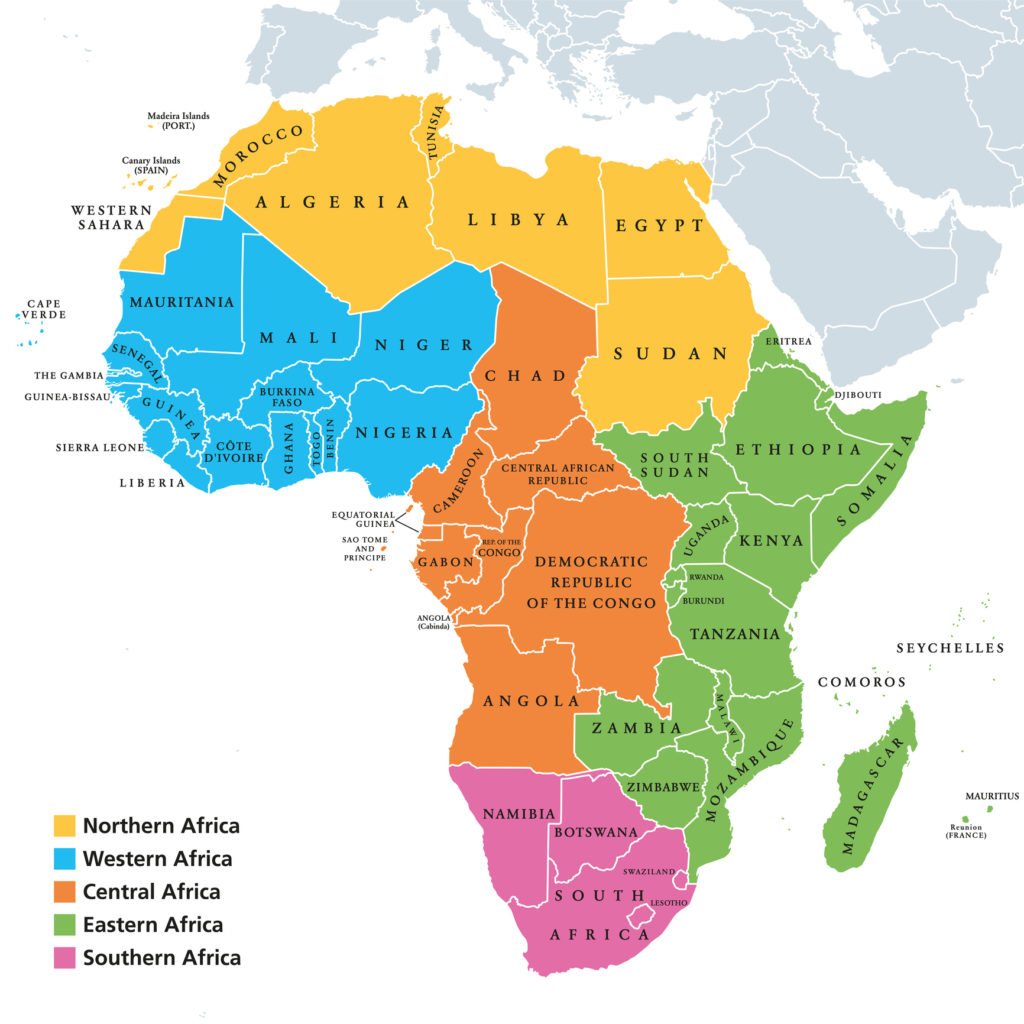
With a high percentage of Black Americans contracting and succumbing to COVID-19, have you wondered how Africa is faring during this global crisis?
Well, if the numbers are any indication, it appears to be doing a lot better than the United States.
Considering that Africa‘s 54 countries are spread across 11.7 million square miles and houses an estimated 1.3 billion people, it would seem that COVID-19 cases would be exploding there. But they aren’t.
As of April 3, the entire continent only had 7,182 cases, with South Africa leading with 1,505 and Sierra Leone with the least at two cases.
By comparison, East Asia, where COVID-19 first emerged in China, had 96,665 cases as of April 3 according to the Johns Hopkins University & Medicine Coronavirus Resource Center.
Why does a continent as large as Africa have so few COVID-19 cases compared to the rest of the world? Perhaps the answer lies in its preparedness.

According to the World Health Organization (WHO), in February, when it was first indicated that this pathogen was a threat to global health, it lent its support to African governments by deploying thousands of COVID-19 testing kits to counties throughout the continent.
First, to those countries that were identified as having a high volume of travel to China and later to other nations. Egypt, and then Algeria, were the first African countries with confirmed cases. Once learning of their status, the WHO sprang into action and went from readiness and prepare to response mode.
In addition to testing kits, countries were sent personal protection equipment and vital infection prevention and control equipment. The procedures for handwashing and social distancing were shared. The WHO also deployed experts on the virus throughout the continent to assist with containment and reduce widespread infection.
Yet, the US is not nearly as large as Africa in land mass or population, but as of April 3, there were 257,773 cases of COVID-19. The most in the world compared to Africa with 7,182.
What happened that the US now leads the world in COVID-19 cases and Africa has so few in comparison? Here’s how the response to the virus rolled out.
From the beginning, when China first sounded the alarm, the US failed to act quickly to prevent the spread of this virus starting with the shortage of testing kits for the virus. In fact, the US has not tested a third of its population to date.
Could the dismantling of the National Security Council unit that focused on pandemics, the group of people who would have seen COVID-19 coming and prepared us before it arrived, been a mistake?
On Jan. 20, the first case of COVID-19 was reported in the US. The Food and Drug Administration (FDA) put in place strict guidelines to develop testing kits for the virus.
In order to maintain high quality tests, the FDA only allowed some state and public labs to have the test. Only 90 testing kits, distributed by the Centers for Disease Control and Prevention (CDC), were circulated to those labs leaving out researchers, hospitals and universities around the country who were ready to develop test kits as reported on March 30, 2020 in The Washington Post. As luck would have it, the CDC’s test kits had problems.
Still, the FDA did not lift the restrictions on who could make the kits. While this failure with testing kits delayed the testing of people who were now being exposed to the virus, the Trump Administration was denying that there was a problem at all, telling the nation the virus was contained, when in fact that was far from the truth.
On Feb. 29, the FDA lifted the restrictions on who could develop the test, but, by that time, the virus had begun to spread throughout Washington state.
Even with these new tests being developed, the CDC guidelines said only certain people could be tested, people coming from Wuhan, China and people who had been in contact with someone that tested positive for the virus leaving many Americans not knowing if they carried the virus.
There were failures at numerous levels in the US’s response to this virus. Had this country’s preparedness response been as focused and developed as Africa’s, could there be fewer cases here and our COVID-19 numbers more like Africa?
Africa has shown the world how preparing to fight a pandemic is done having had ample practice with prior epidemics.








